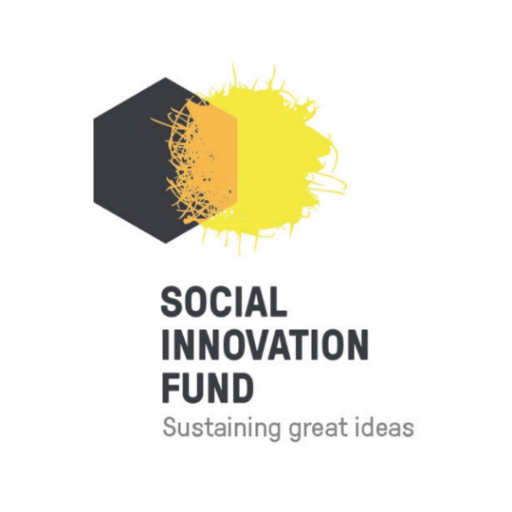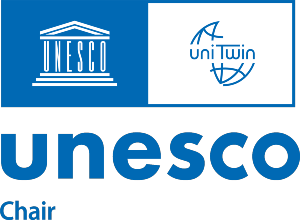2021
Projects Completed in 2021
Projects Completed in 2021
| Project Title | Youth and Parental Participation in the YAP Ireland Programme: A Case Study |
| Commencement Date | 2020 |
| Research Team | Dr Bernadine Brady & Dr Carmel Devaney (Co-Principal Investigators) |
| Project Summary | The aim of this study is to document, explore and conceptualise YAP Ireland’s participation processes in order to enhance understanding of how YAP and other child welfare organisations can best support participation practice. |
| Funded By |  |
| Project Title |
Evaluation of the Social Innovation Fund Ireland (SIFI) Education Fund |
| Commencement Date |
2017 |
| Research Team |
Dr. Cormac Forkan, Prof. Pat Dolan, Dr. Tanja Kovačič |
| Project Summary |
This project focuses on the evaluation of education fund funded by the Social Innovation Fund Ireland (SIFI). Social Innovation Fund Ireland (SIFI) was established by Government in 2015 to fill a gap in funding innovation for the non-profit sector. SIFI’s Education Fund was opened to projects focused on improving educational outcomes (at QQI Levels 3-6 from the National Framework of Qualifications) for those experiencing educational disadvantage arising from living in a disadvantaged area, socio-economic disadvantage, experiencing mental health or other health issues, or disability. Following a rigorous selection process 10 projects were chosen as recipients of the Award: eight of the projects are based in Dublin while the remaining two are based in Cork. The core focus of this work is to identify successful models for scale/replication. The overarching aim of the evaluation is “to investigate the extent to which practices and process utilised by awardees can serve as models of excellence in overcoming inequality in education”. To address this aim, SIFI set out the following set of objectives, which are designed: 1. To provide awardees with the data necessary for the appraisal of their organisation or programme; 2. To trace the benefit of awardee projects on their students and their progression towards QQI levels 3-6 and/or in relation to other project objectives in overcoming educational disadvantage; 3. To identify successful models for scale/ replication; 4. To suggest policy changes that might be desirable to overcome educational disadvantages. |
| Funded By |
|
| Project Title | Seas Suas |
| Commencement Date |
2020 |
| Research Team |
Dr Charlotte Silke, Dr Bernadine Brady |
| Project Summary |
Seas Suas is a social empathy programme for third level students, developed by the Student Chaplaincy at NUI, Galway. The programme aims to encourage students to be more proactive in helping others and to be more observant of other students in need. The programme also aims to increase students’ knowledge of student issues, as well as improve their interpersonal-helping skills. Seas Suas is based on the “Bystander Peer Education” framework and modelled on the ‘Step Up’ programme, which was originally developed by the University of Arizona. Researchers at the UNESCO Child & Family Research Centre are working with Seas Suas to evaluate and further develop the programme. A mixed-methods research design has been used to quantitatively and qualitatively explore the impact that participation in the Seas Suas programme has on students’ social, emotional, and cognitive outcomes over time. |
| Funded By |
|
| Project Title | A review of international experiences in relation to the implementation of a statutory duty for interagency collaboration to ensure the protection and welfare of children |
| Commencement Date | 2020 |
| Research Team |
Dr Carmel Devaney (Principal Investigator), Dr Carmen Kealy |
| Project Summary |
This project involves a review of international experiences in relation to the implementation and operation of a statutory duty for interagency co-ordination and collaboration to support the protection and welfare of children. In doing this, it will identify key lessons from experiences in other jurisdictions considering context and drivers for reform, processes for implementation, changes in policy, and operational structures and models. It will also review and consider monitoring and evaluation mechanisms, resource requirements and the facilitators and barriers to effective implementation. The experience and impact of a statutory duty for interagency co-ordination and collaboration on all stakeholders involved, including service users and where possible children will be taken into account.
|
| Funded By |
|











